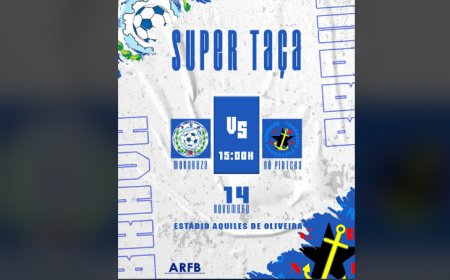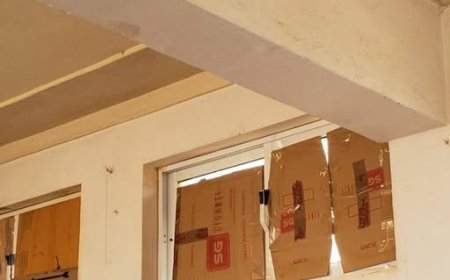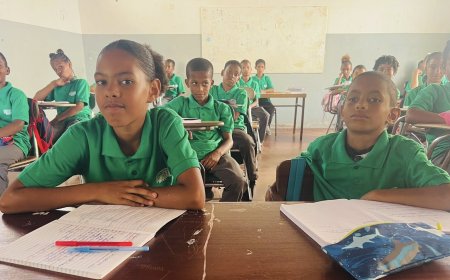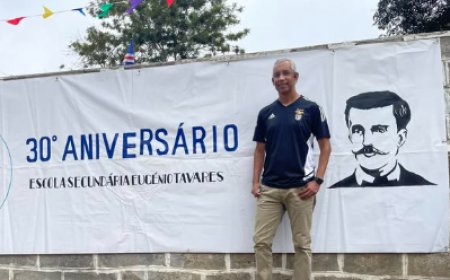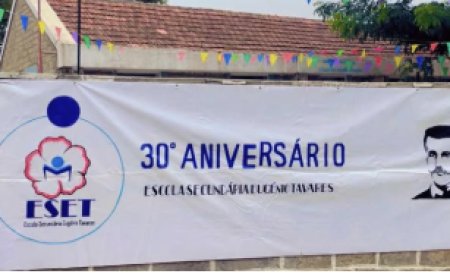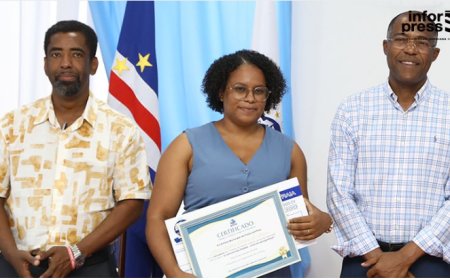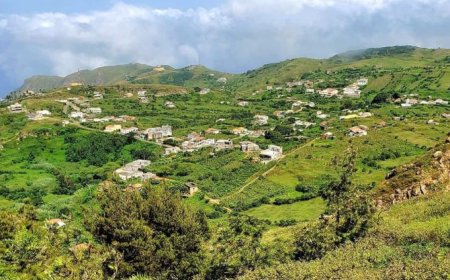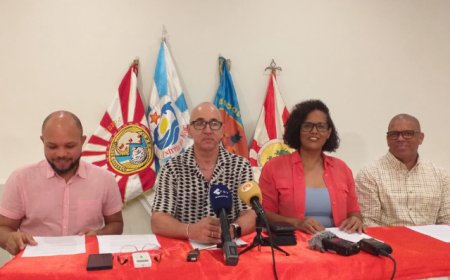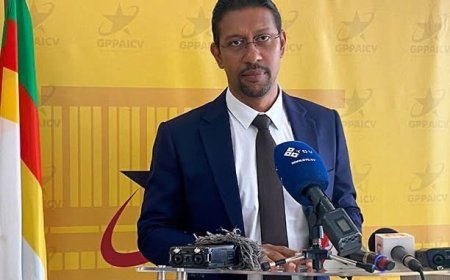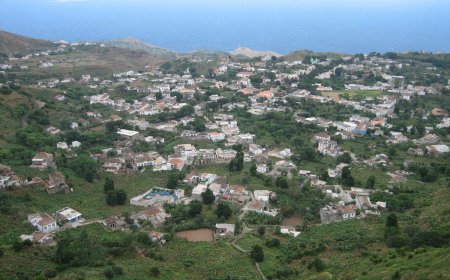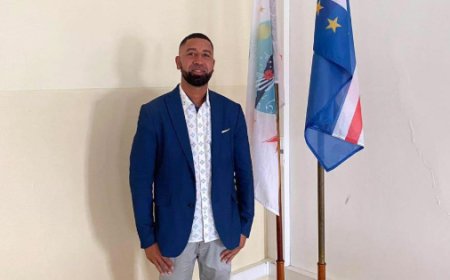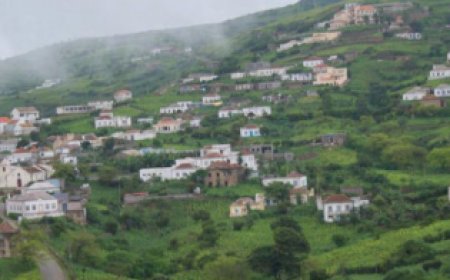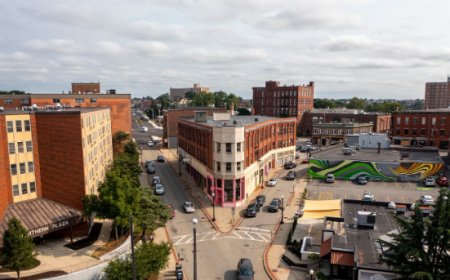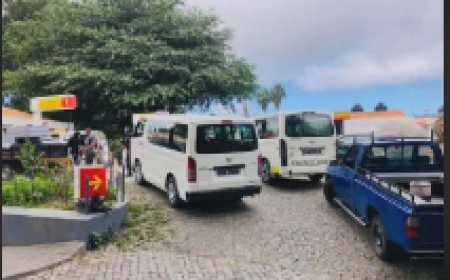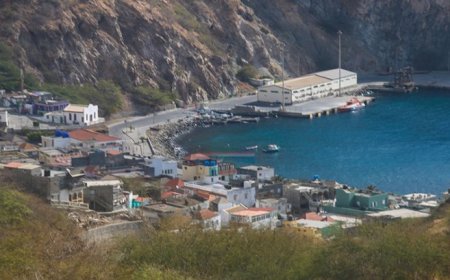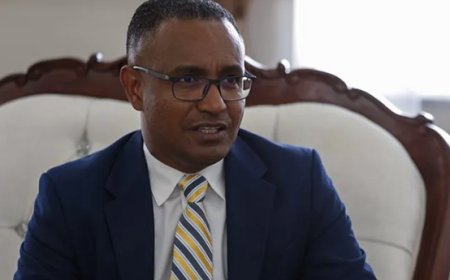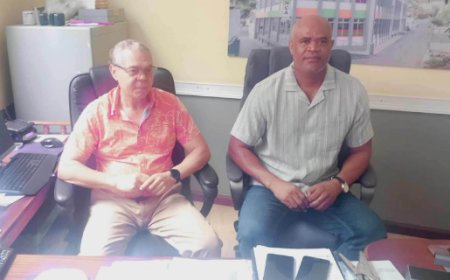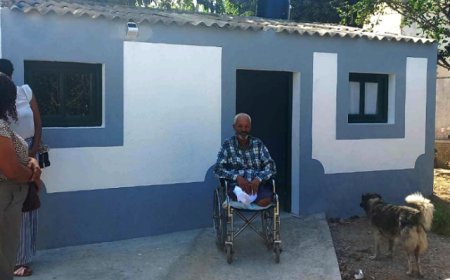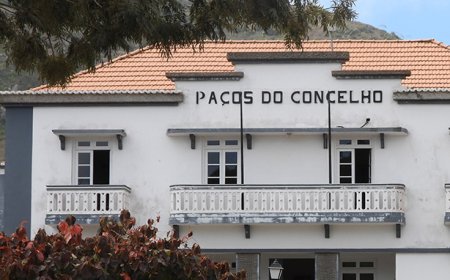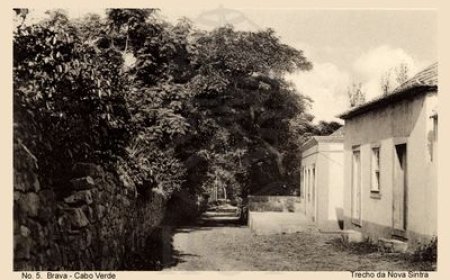Brava: Entities draw up diagnosis and prepare strategies to respond to future climate changes in the municipality
The mayor of Brava considered that the climate action program will help the municipality to make a diagnosis and develop preparation strategies that can be more “resilient” to future climate change.
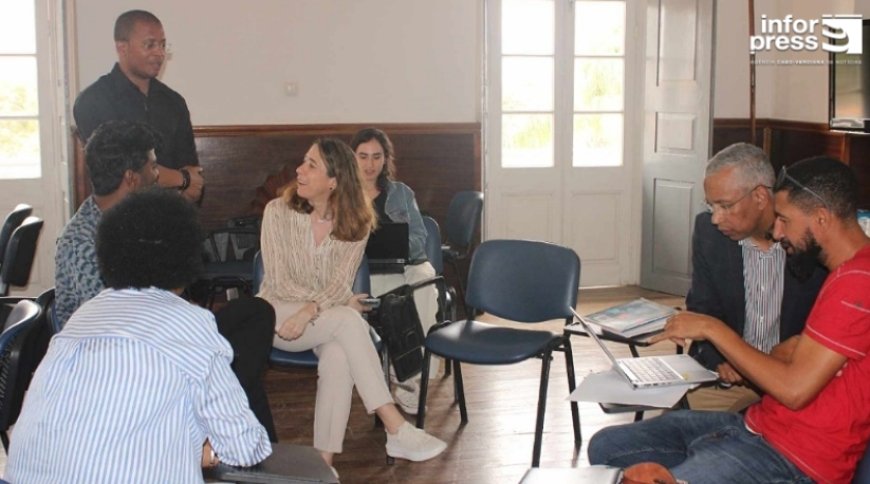
Francisco Tavares, who was speaking to Inforpress, made these statements on Saturday, 16th, on the sidelines of a meeting with the Ministry of Agriculture and Environment (MAA), Associação Biflores and representatives of Luxembourg Development Cooperation (LuxDev).
According to the mayor, the meeting aimed to bring together interested parties to present the Climate Action Program and its activity plan for the year 2024, as well as to allow the collection of information and data relevant to the three studies that are taking place in the pilot municipalities.
“In the case of Brava Island, we must have actions that are in accordance with the purpose and development of the municipality, which is to transform the municipality into a differentiated tourism location, linked to its culture and nature”, he highlighted.
In this sense, he said that they must address the issues of climate action and take the necessary measures so that the island is “minimally” prepared for future climate change.
“In the case of Brava Island, we have the localities of Fajã d´Água and Furna, which are vulnerable to rising sea waters. Also in the Furna and Lomba Tamtum area, where the population crosses villages through rivers and we must take measures to prepare ourselves, if one day there is heavy rain, so that there is no direct impact on people's lives”, he highlighted.
According to the mayor, livestock, fishing and agriculture, both rainfed and irrigated, also have positive and negative effects on the climate, therefore, it was advised that practitioners should adopt the best practices and look at adaptation projects , causing as little impact as possible.
“If we want to transform Brava into an example of a green island, it has become very clear that our main source of greenhouse gas emissions comes from what we use to produce electricity, therefore, we must take measures to reduce emission of greenhouse gases”, he stressed, advocating the creation of a program, where 100 percent (%) of the island will be supplied by clean energy, through wind and sun.
Francisco Tavares said that in addition to the strategic climate action plan that will emerge later, the municipality will be financed with 50 thousand euros to help with the materialization of some climate action projects.
“The intention is for Brava to continue with its status as the greenest island in Cape Verde, more sustainable and perhaps win a world title for the green island in the future”, he concluded.
The Climate Action Program has the general objective of supporting Cape Verde in the implementation, by 2025, of its climate policy, materialized by the Nationally Determined Contribution (NDC) updated in March 2021 and by the National Adaptation Plan (NAP), establishing consolidated climate governance , with the vision of making the country more resilient.
In addition to actions at national level, we also support the development of capacity to mobilize climate resources at municipal level in order to strengthen skills for better and greater access to financing, capacity and technology for decentralized climate actions.
Praia, Boa Vista, Mosteiros, Brava and Ribeira Brava are the municipalities identified as priorities in the NAP, for this reason they are the pilot municipalities of the Climate Action Program, financed by Luxembourg and implemented by the Ministry of Agriculture and Environment, through the National Directorate of Environment.





